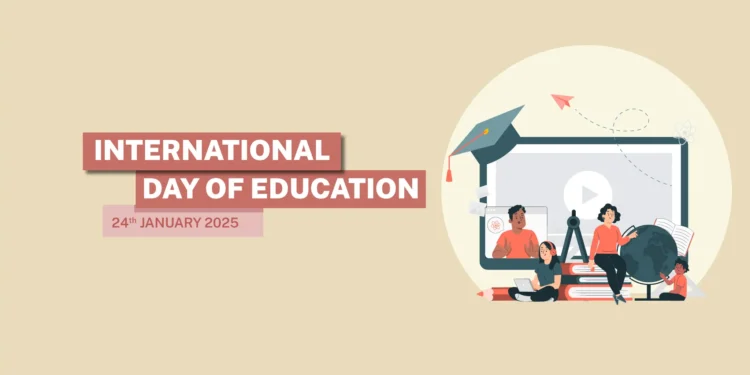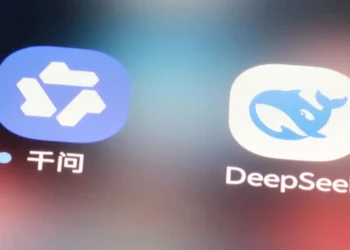Abinitio, The International Day of Education, observed annually on January 24, describes the indispensable role of education in fostering global peace and sustainable development. In 2025, the theme is “AI and education: Preserving human agency in a world of automation,” highlighting the critical balance between technological advancement and human-centric learning.
Tellingly, Artificial Intelligence (AI) is increasingly integrated into educational systems worldwide. In high-income countries, over two-thirds of secondary school students utilize generative AI tools for academic tasks. Educators are adopting AI to design curricula and assess student performance. However, a significant gap exists in regulatory frameworks: only 10% of educational institutions have established official guidelines for AI usage. By 2022, merely seven countries had developed AI programs for teachers, and 15 had incorporated AI training objectives into national curricula.
Concurrently, there’s a trend toward restricting technology in classrooms. Approximately 40% of countries have enacted policies banning mobile phone use in schools, a notable increase from 24% in July 2023.
In Nigeria, the adoption of AI in education is emerging, with applications such as evolutionary software modeling, student performance prediction, and multimedia e-learning platforms. Despite these developments, advanced AI technologies like intelligent tutoring systems and learnable robots are seldom utilized. This indicates a need for Nigerian educational institutions to adopt AI practices from more advanced nations to enhance student learning and bridge the gap in AI integration.
Africa contributes to only 2% of global AI research in education, highlighting a significant disparity in research and development.
The integration of AI in education presents challenges, including data privacy concerns, ethical considerations, and the potential for exacerbating existing inequalities. Globally, 250 million children and adolescents are out of school, and 763 million adults are illiterate. Without inclusive and equitable quality education and lifelong learning opportunities for all, countries will not achieve gender equality and break the cycle of poverty that is leaving millions of children, youth, and adults behind.
UNESCO has been proactive in addressing these challenges. In November 2021, it adopted the first global standard-setting framework on the ethics of AI. By September 2023, UNESCO published the first-ever Guidance for Generative AI in Education and Research, along with AI competency frameworks for students and teachers in 2024. These initiatives aim to promote the safe, ethical, inclusive, and responsible use of AI in education.
The 2025 International Day of Education emphasizes the need to balance technological innovation with the preservation of human elements in learning. As AI continues to evolve, it is imperative to ensure that it serves as a tool to enhance education, empowering both educators and learners, while safeguarding human agency in an increasingly automated world.
Happy International Day of Education



















































































 EduTimes Africa, a product of Education Times Africa, is a magazine publication that aims to lend its support to close the yawning gap in Africa's educational development.
EduTimes Africa, a product of Education Times Africa, is a magazine publication that aims to lend its support to close the yawning gap in Africa's educational development.